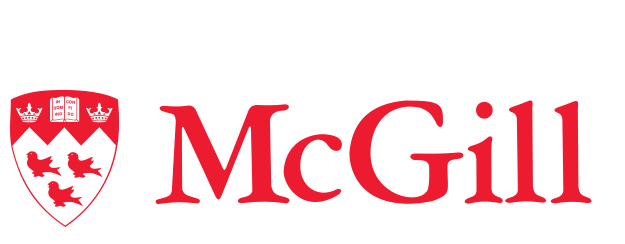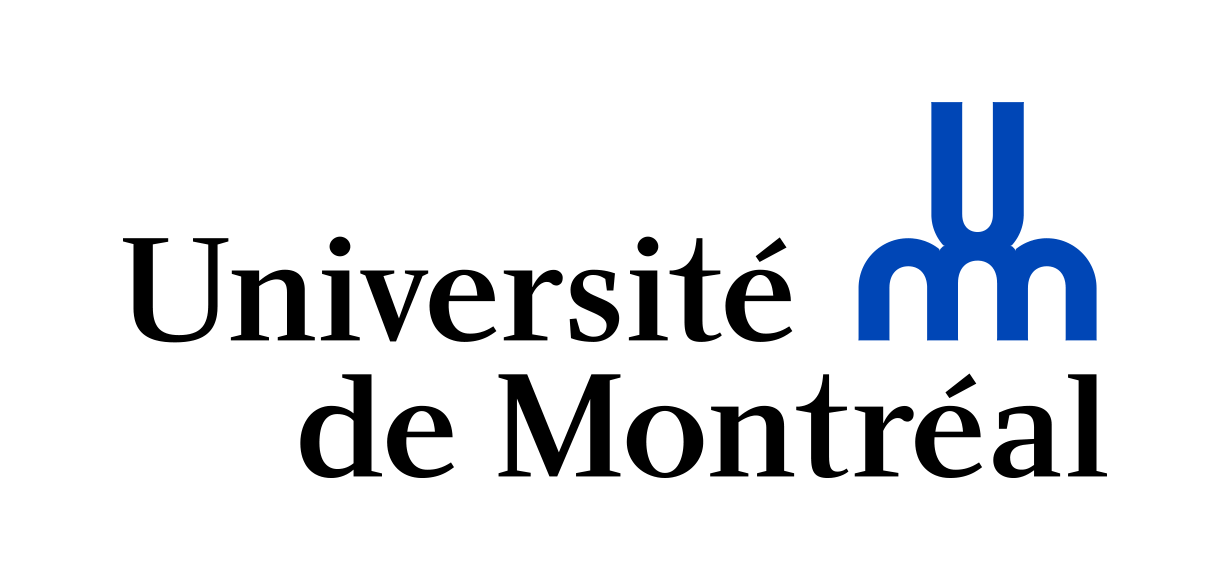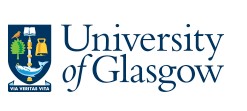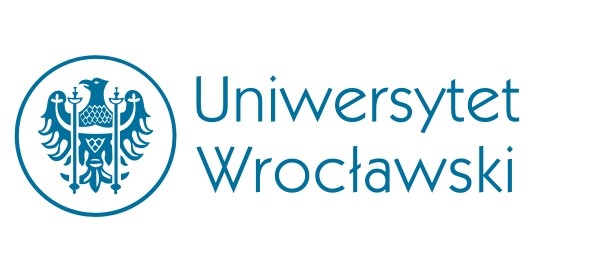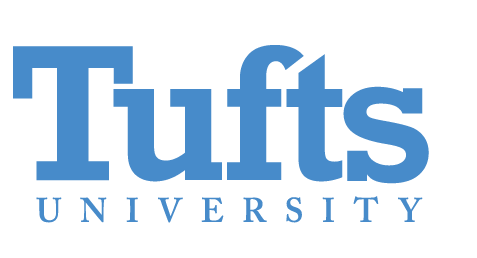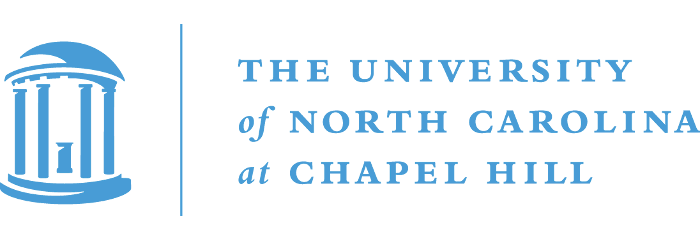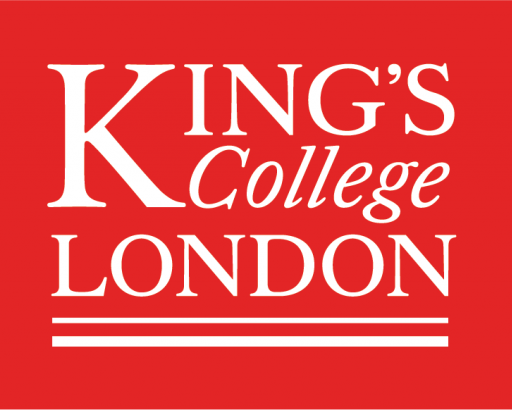Courtney Blackington, October 2018
With my BEAR Graduate Student Mobility Grant, I traveled to Glasgow to participate in a Multi-Method Workshop. While at this workshop, I attended sessions that provided instruction in creating and analyzing protest event data, employing social network data analysis, and using simulation games effectively in the classroom.
During the first day of the workshop, I learned how to create protest event data for my own research interests. I also gained a better understanding of Qualitative Comparative Analysis. In the afternoon session, I had the opportunity to present potential research puzzles to Samuel Greene, Graeme Robertson, and the other participants of the workshop. This brainstorming session allowed me to receive feedback and advice on the types of research design and data I would need to effectively analyze the questions that interest me. Since I am currently narrowing down potential Master’s thesis projects, this training helped me anticipate the types of questions that protest data analysis and Qualitative Comparative Analysis best answer.
The second day of the workshop focused on Social Network Analysis. Since I am interested in studying how groups of people participating in protests against illiberal reforms organize and are linked, this session was particularly useful. Philip Leifeld trained participants on how to measure how societal actors are linked. Specifically, I learned how to leverage descriptive and inferential social network tools to analyze the micro-level properties of social networks and the linkages between actors in the network. By receiving training in how to analyze these linkages, I began to understand how I could answer the questions that interest me.
The final day of the workshop revolved around employing simulation games in teaching. During this session, led by Victor Asal and Adrian Florea, I learned how to develop and use effective simulations in the classroom. As a group, the participants also brainstormed simulations that could work well for the topics that we teach. This session provided useful pedagogical training, which I look forward to using as I begin my teaching career.
Overall, the BEAR Multi-Methods Workshop presented a productive forum to engage with both advanced and emerging scholars on issues of relevance for my own research. I especially enjoyed the ability to receive detailed feedback on my research ideas from various workshop participants. The exposure to different methods and different literatures proved instrumental in helping me refine my research questions. I look forward to further developing the professional relationships that I built at this workshop.





